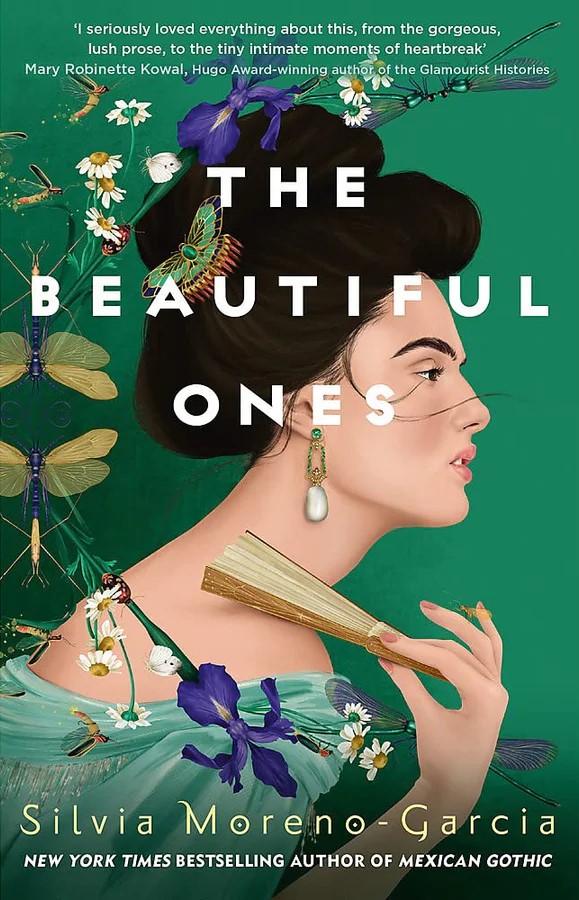★★★☆☆
3.5 stars. I thoroughly enjoyed Adam Rutherford’s other books on genetics, so I figured it would be worth finishing the set. At less than 170 pages, How to Argue With a Racist (2020) is a concise read about scientific racism (known in certain circles as race science), and the lack of evidence that supports it.
My rating reflects my opinion that this book is somewhat dumbed down when compared with A Brief History of Everyone Who Ever Lived and The Book of Humans. How to Argue With a Racist also rehashes several topics that are discussed in Rutherford’s previous works. Here, the author delves a little deeper into the history of race, and there is some discussion about the false ideas about genetics and racial groups that were perpetuated specifically during the pandemic, but a lot of the content will feel familiar to those who have read his other books.
The focus of How to Argue With a Racist is the irrelevance of skin colour when it comes to measuring genetic variation in humans, as well as the unsavoury relationship between early genetic studies and eugenics. The mission seems to be to dispel outdated, disproven ideas about ‘racial purity’, and to dissect the pseudoscience that sustains false narratives about the existence of genetically distinct racial categories.
What we can also say with an arsenal of scientific ammunition is that though skin colour is the first and most obvious way we see humans, it’s a superficial route to an understanding of human variation, and a very bad way to classify people.
Not all racial stereotypes seem racist. At a glance, the idea that black people are naturally the fastest runners and the notion that East Asians have a gift for numbers seem flattering – we might even be tempted to use these examples to counter more negative prejudices. However, there is no actual evidence that connects physical or mental aptitude (or lack thereof) with melanin. These judgements, whether good or bad, are dehumanising, and serve only to blinker our worldview.
Deftly dismantling a number of common racist assumptions, Rutherford presents the facts through various case studies, including the relationship between IQ and malnutrition, the men’s 100 metres at the Olympics, and the higher mortality rate during the pandemic among BAME populations. The book also delves into the racial prejudices of early geneticists, many of whom were guilty of baking false assumptions into their research.
Another of the main thrusts here is the fact that classifying humans into subcategories on the basis of skin colour has always owed more to cultural, socioeconomic and geographical factors than genetic inheritance. The racial categories that we commonly use are simply not supported by our genes, something that scientists have known for a while – studies in the early 70s revealed that approximately 85% of genetic diversity in the human species is found within populations who share the same skin tone.
…every Nazi has Jewish ancestors. Every white supremacist has Middle Eastern ancestors. Every racist has African, Indian, Chinese, Native American, aboriginal Australian ancestors, as well as everyone else, and not just in the sense that humankind is an African species in deep prehistory, but at a minimum from classical times, and probably much more recently. Racial purity is a pure fantasy. For humans, there are no purebloods, only mongrels enriched by the blood of multitudes.
The sensationalised title does rather beg the question, so let’s ask it. Will this book equip the reader to argue with a racist? To change their mind? If the racist in question is prepared to look at the science with open eyes and to build a new belief system based on factual data, then I would say the odds are good. Personally, I am not sure whether such a racist actually exists, and I do not think this approach is likely to succeed in most cases. At the root, racism is a kind of fear, and rare is the emotional state that can be changed through rational, evidence-based discussion. Overall, the title of this book feels like something of an own goal, since How to Argue With a Racist makes no attempt to tackle the conundrum of how to make racists receptive to truths that contradict their worldview and personal feelings.
However, disheartening though it is to read about the unpleasant views that were once commonplace – and that still find support in certain corners of the internet – this book is uplifting in the sense that it shows the leaps we have made in understanding our differences (and, more importantly, our similarities). By dissecting scientific racism in all its most pervasive forms, Rutherford reveals it as a losing team in the search for truth.
I don’t think this is the author’s best book, but I probably would have learned more from it had I picked it up without background knowledge gleaned from his other works. It is a well-written and accessible text, and worth adding to your TBR if you want to know what our genes say about racial predjudices, origins and identity.









